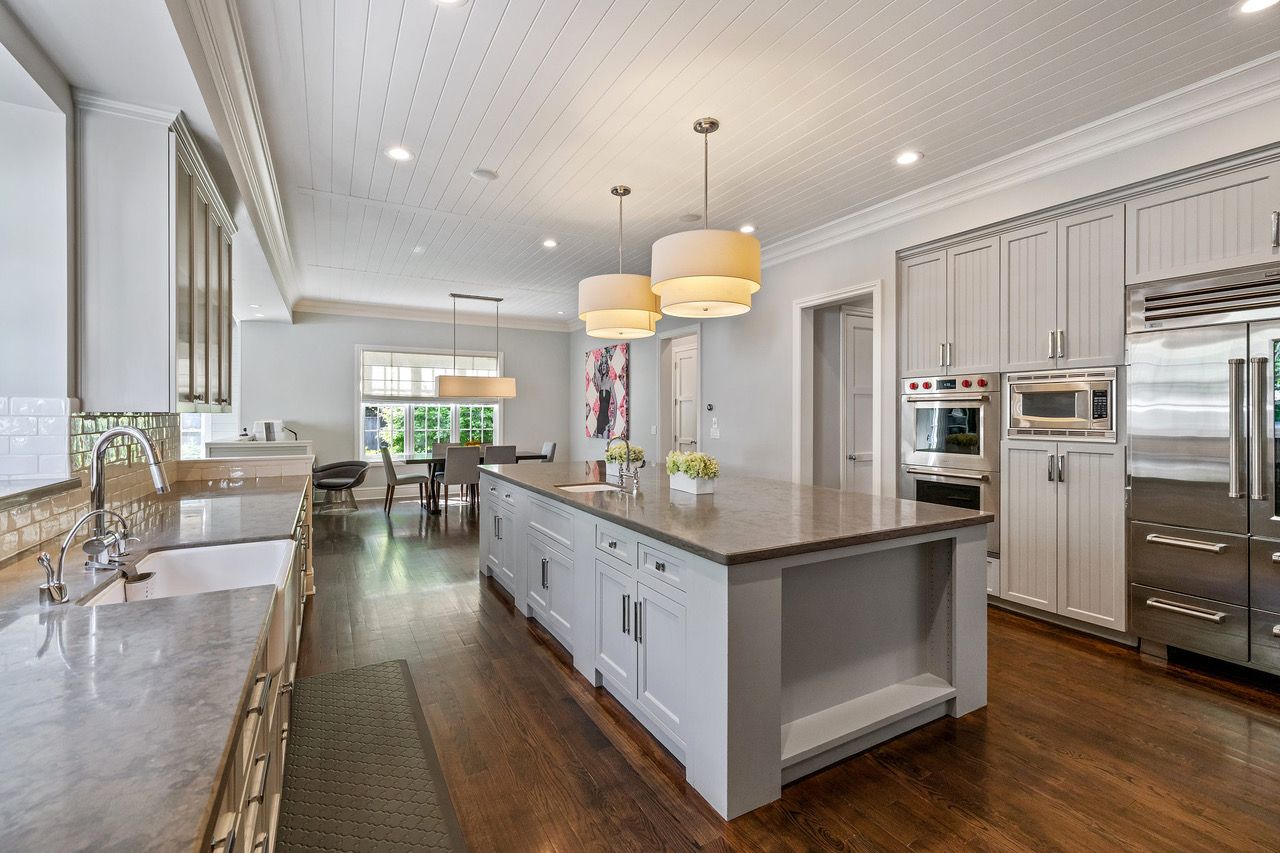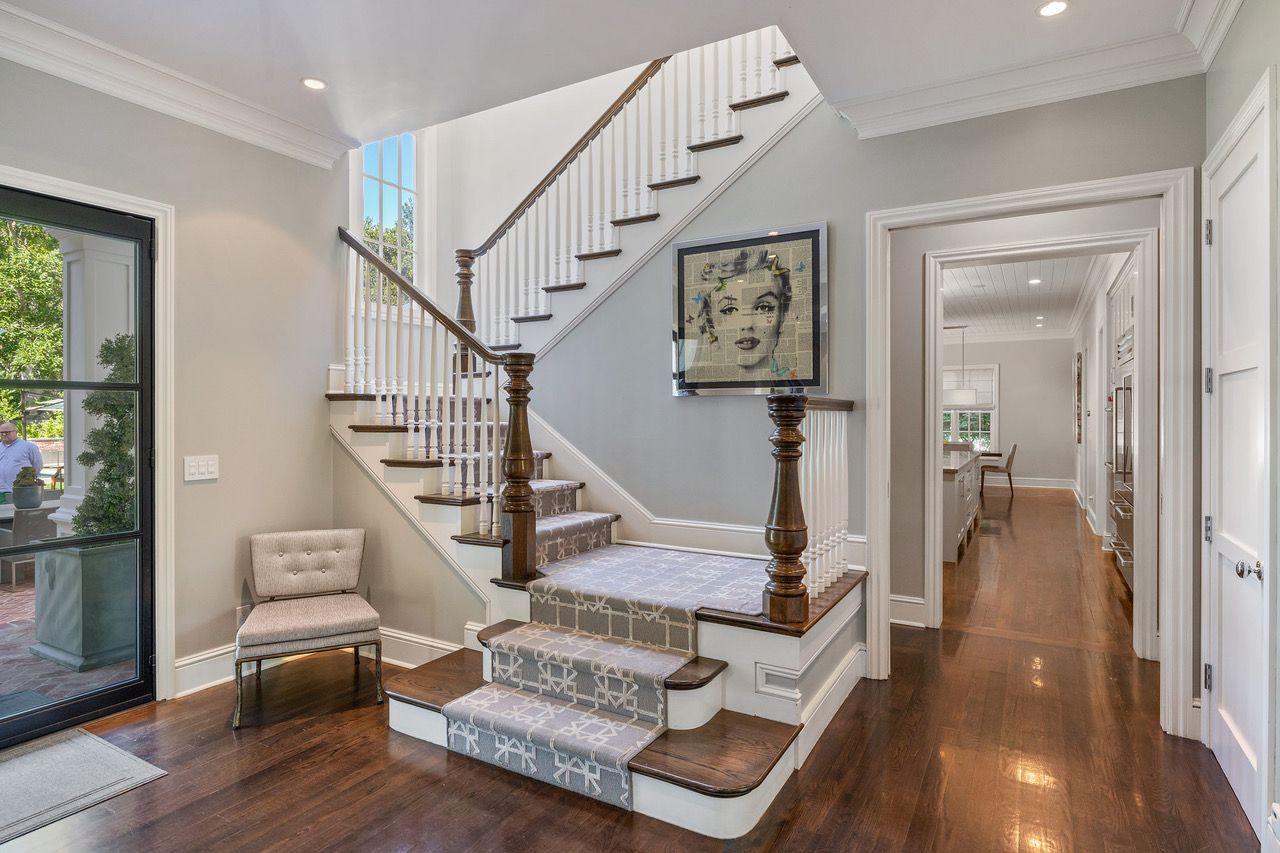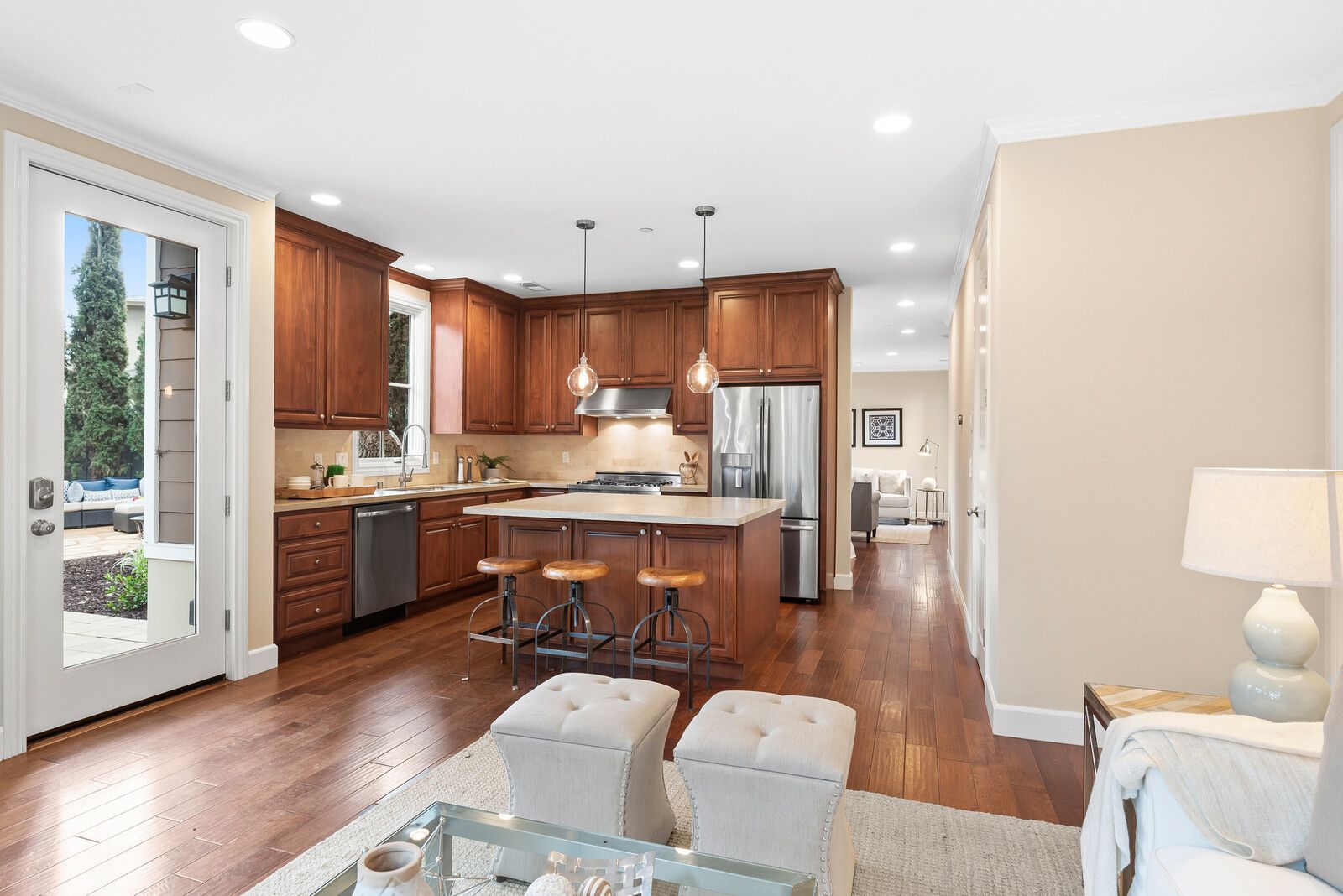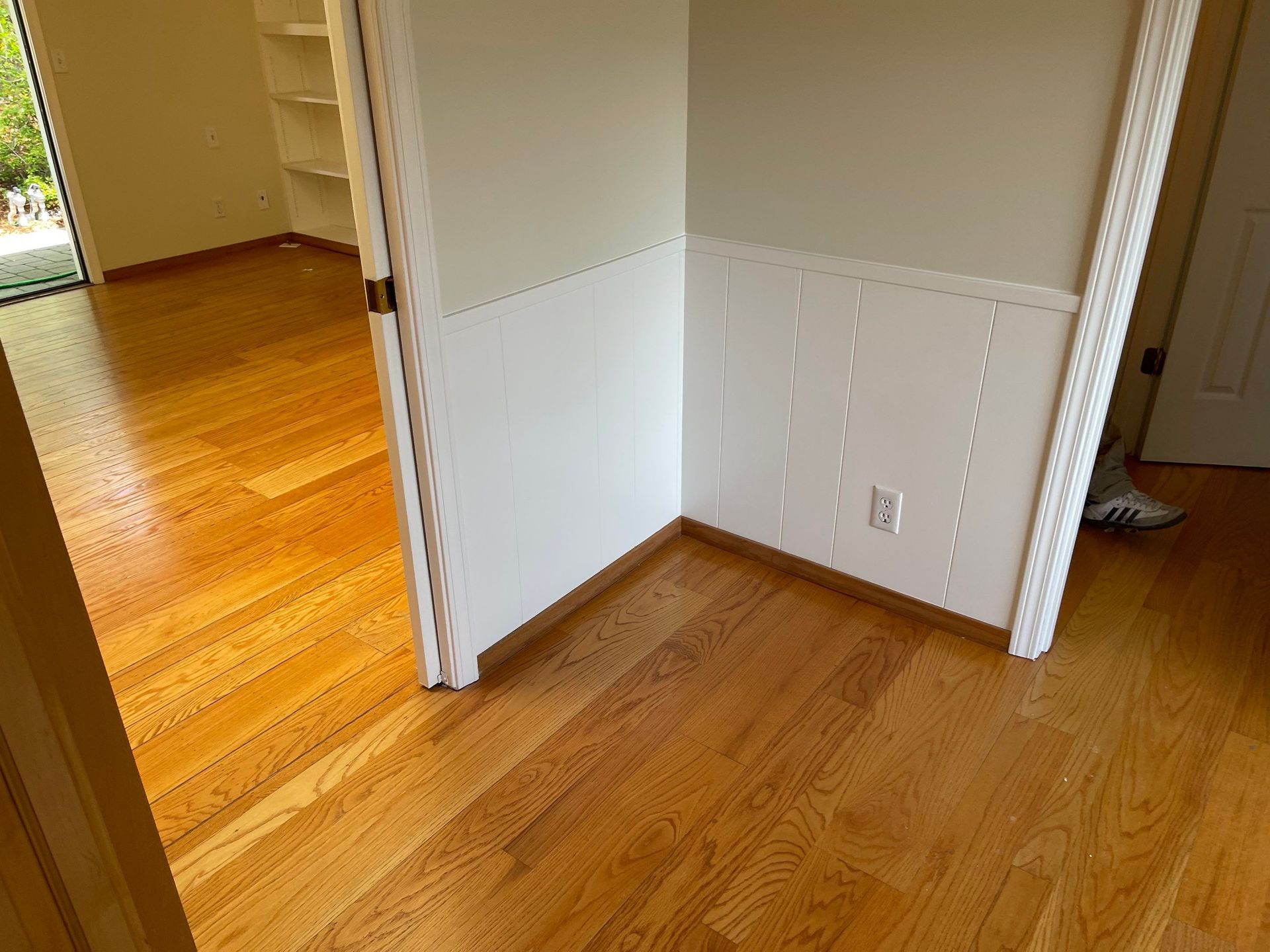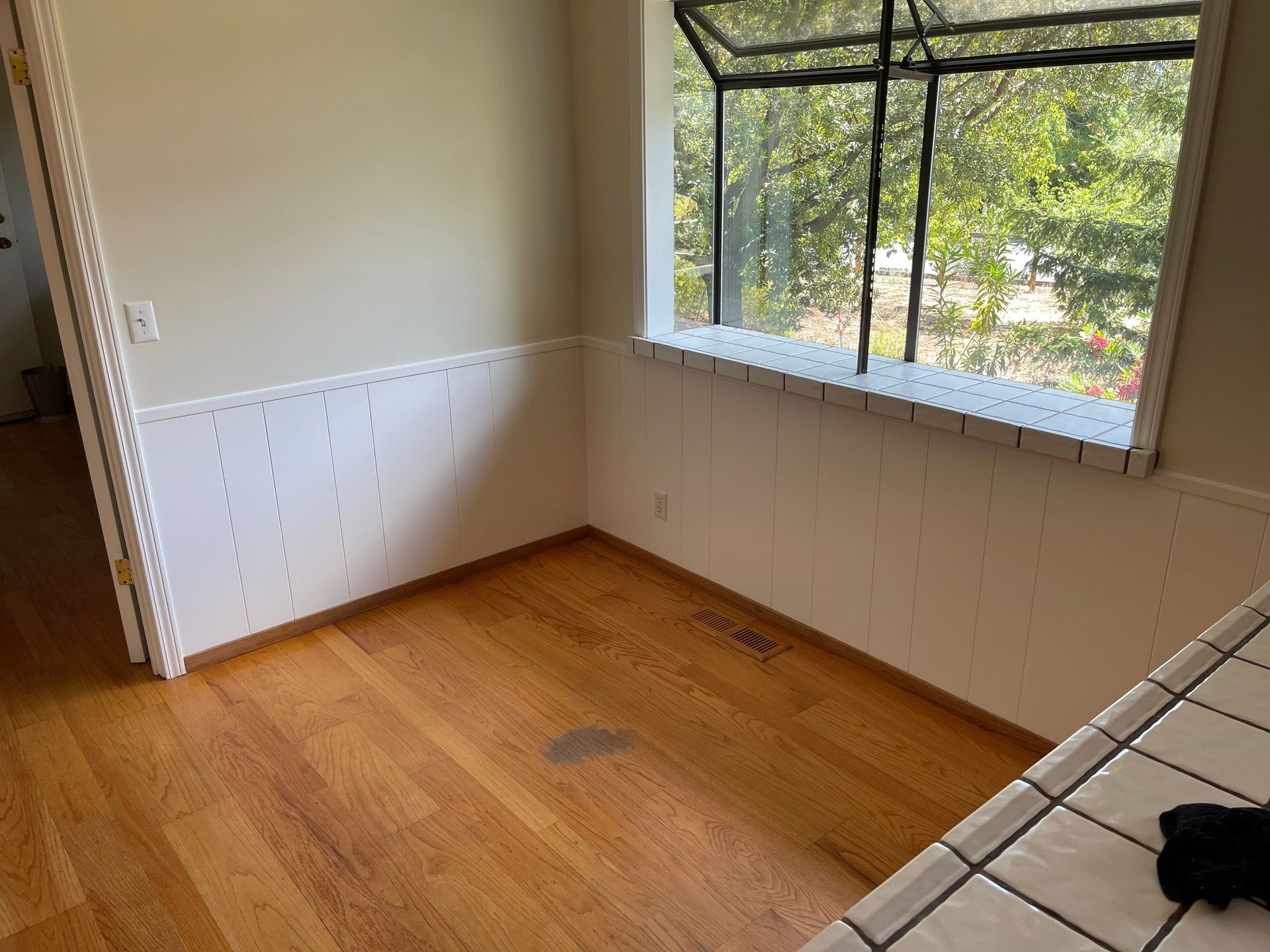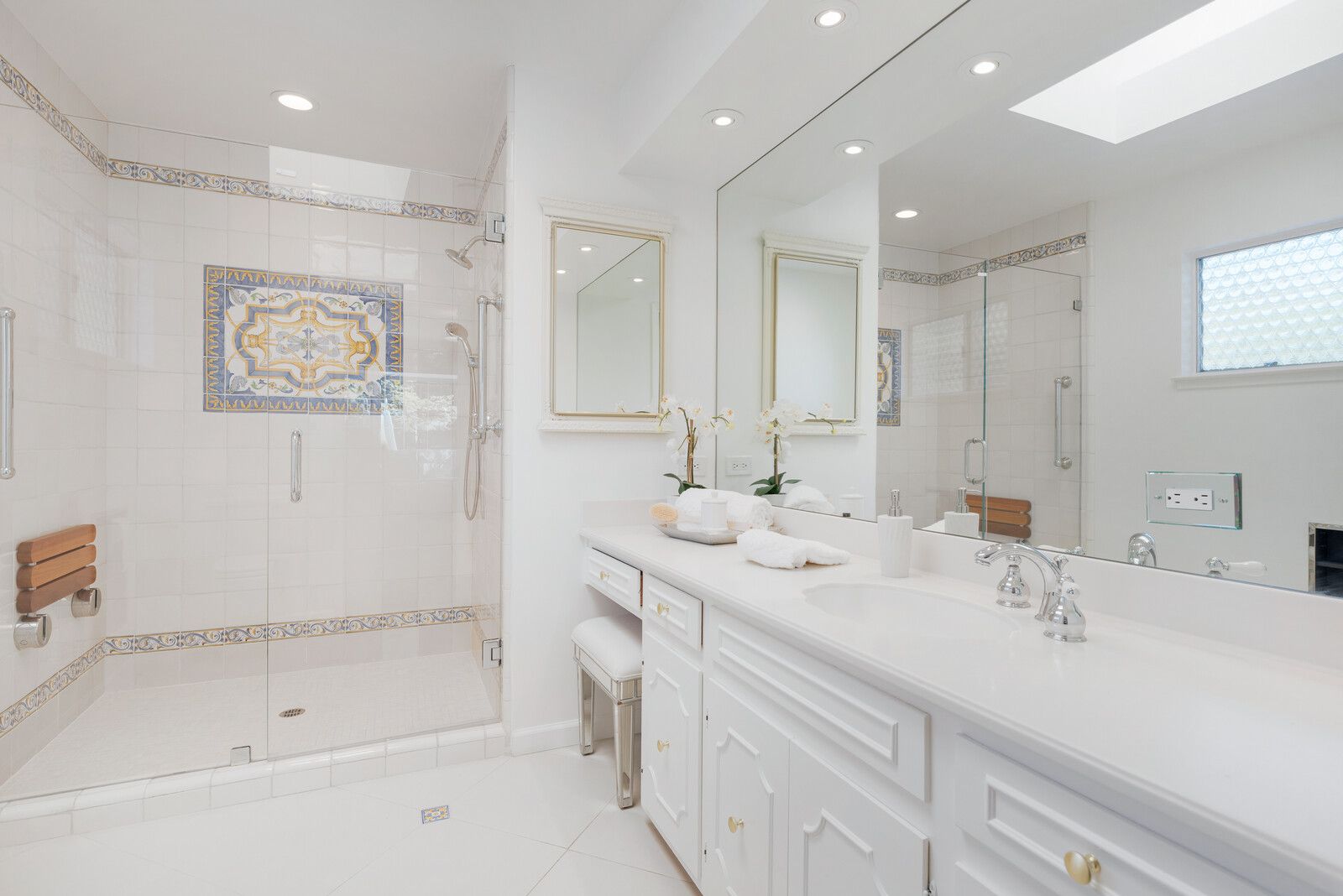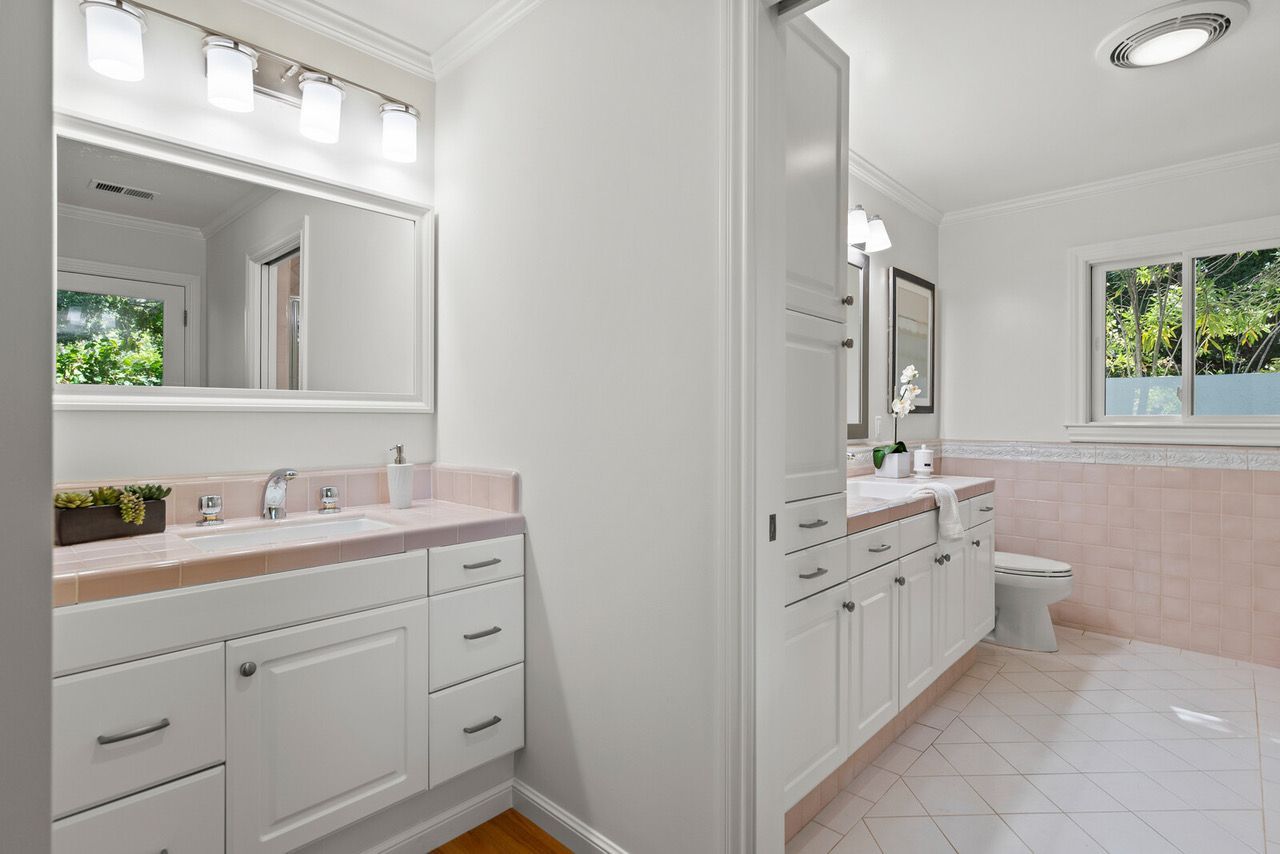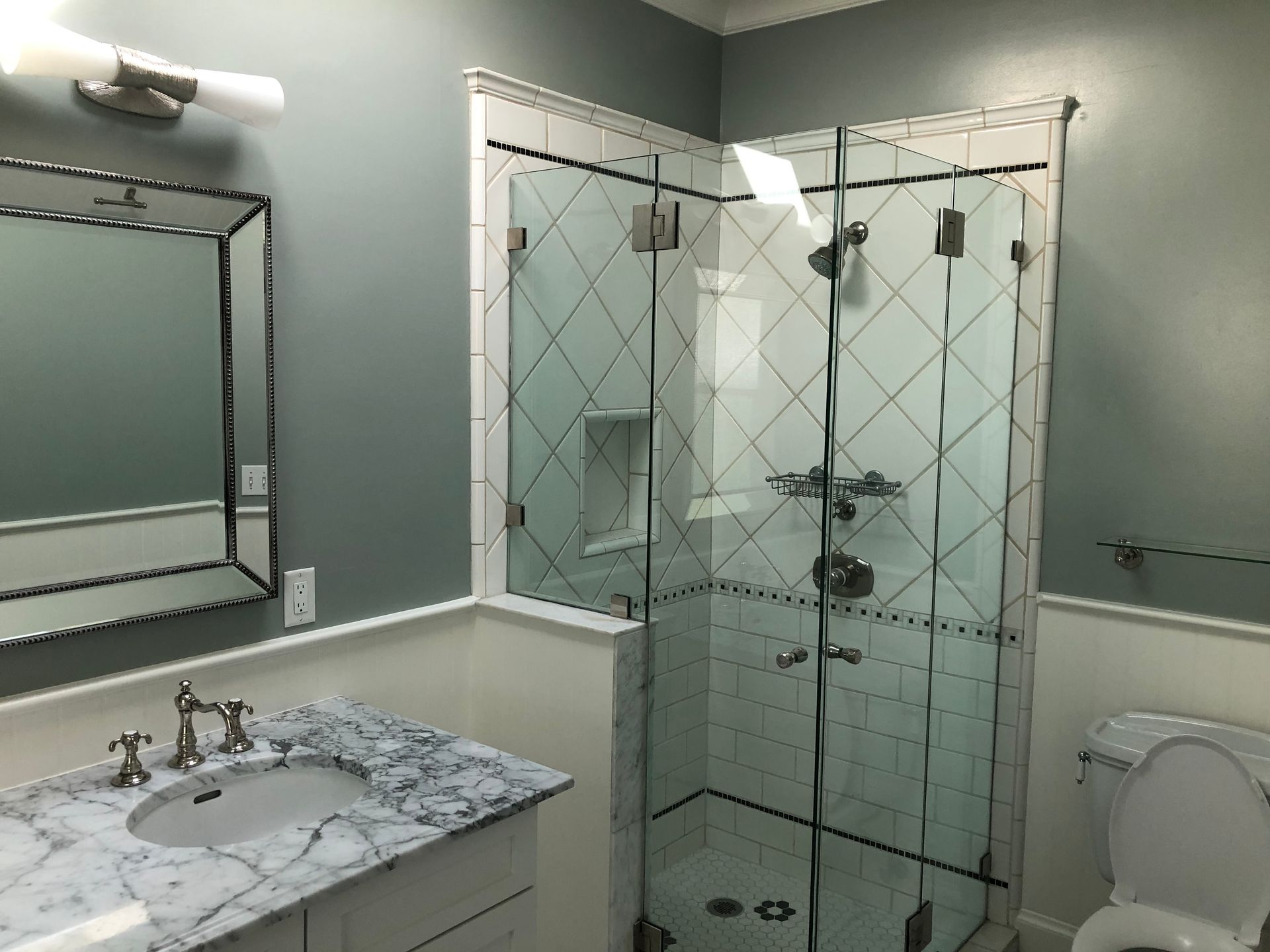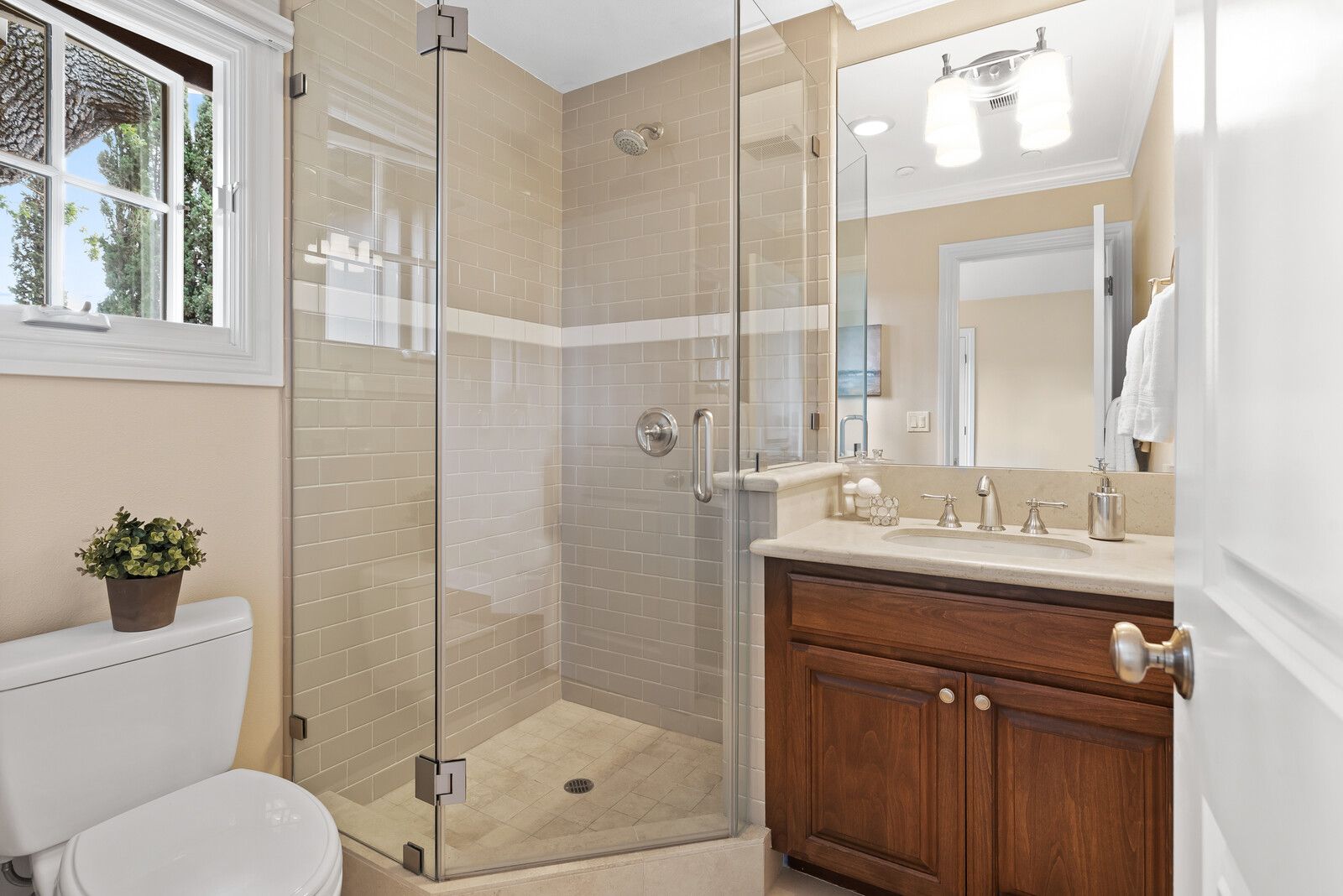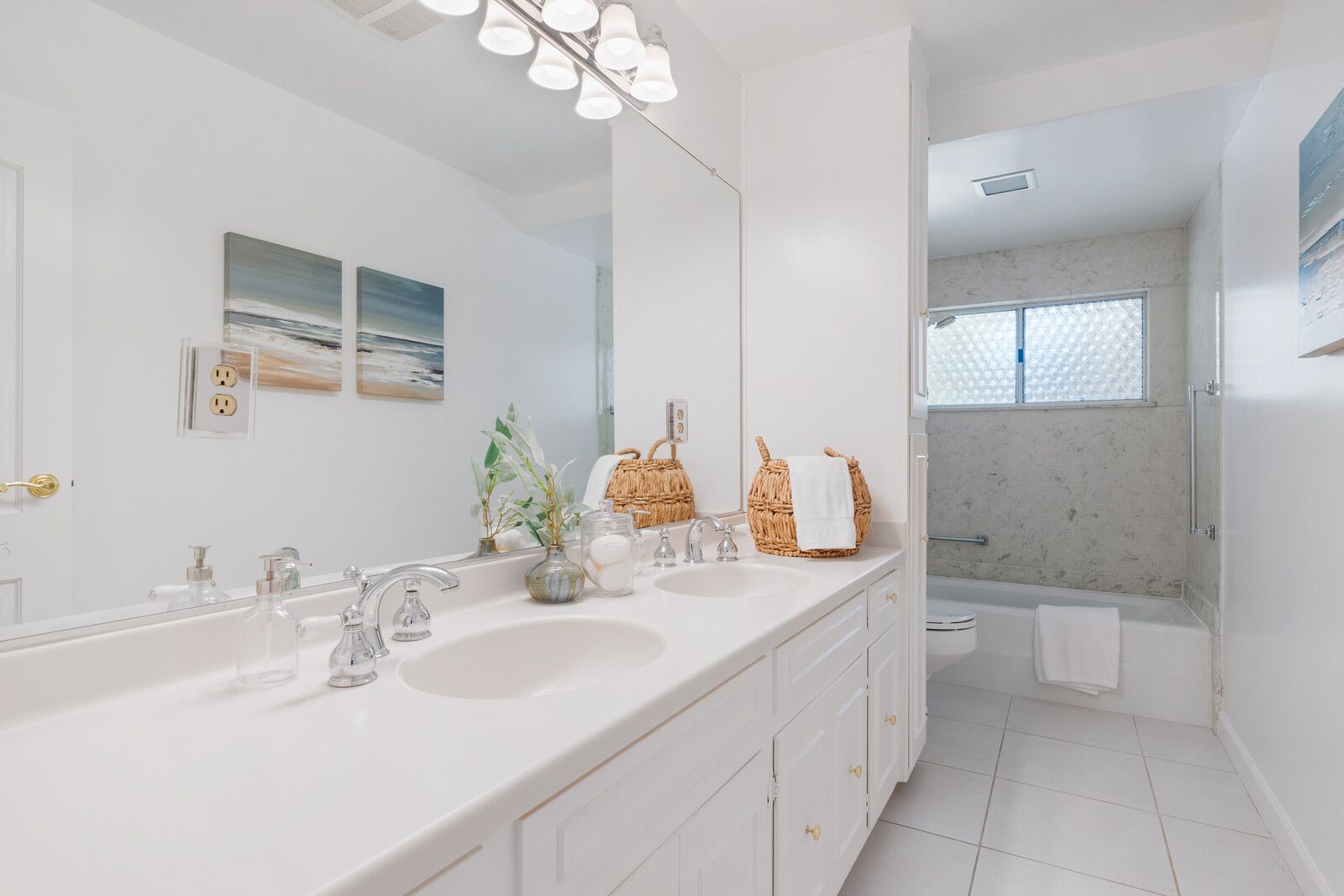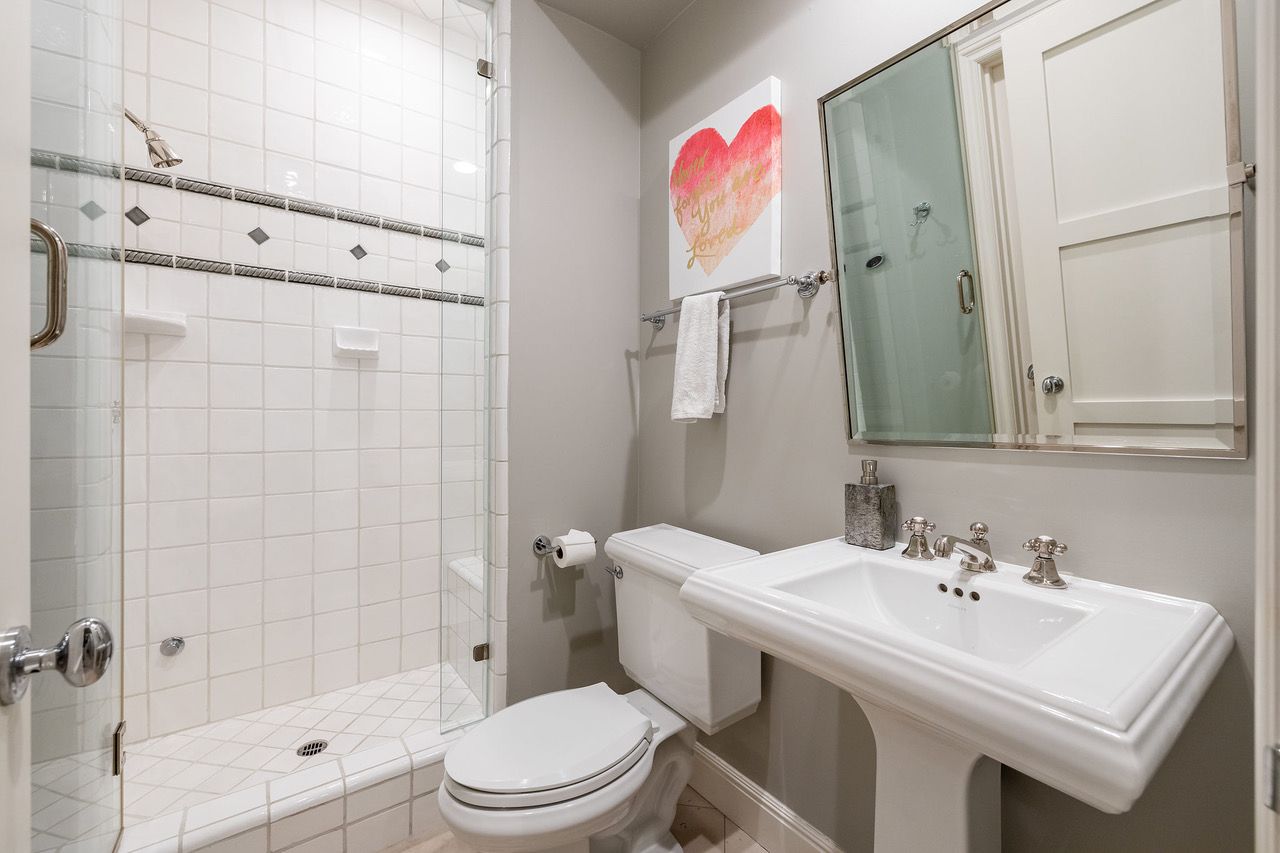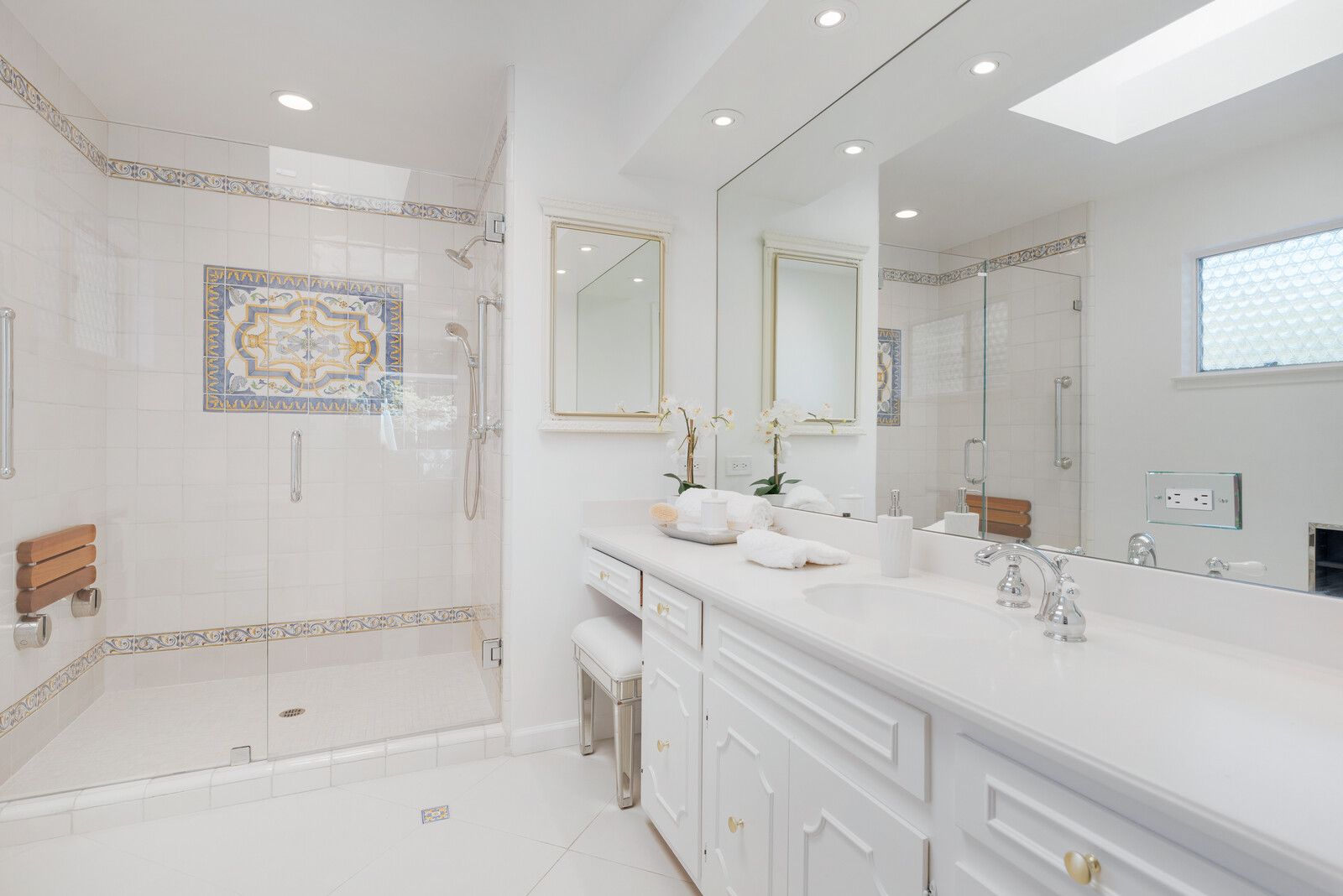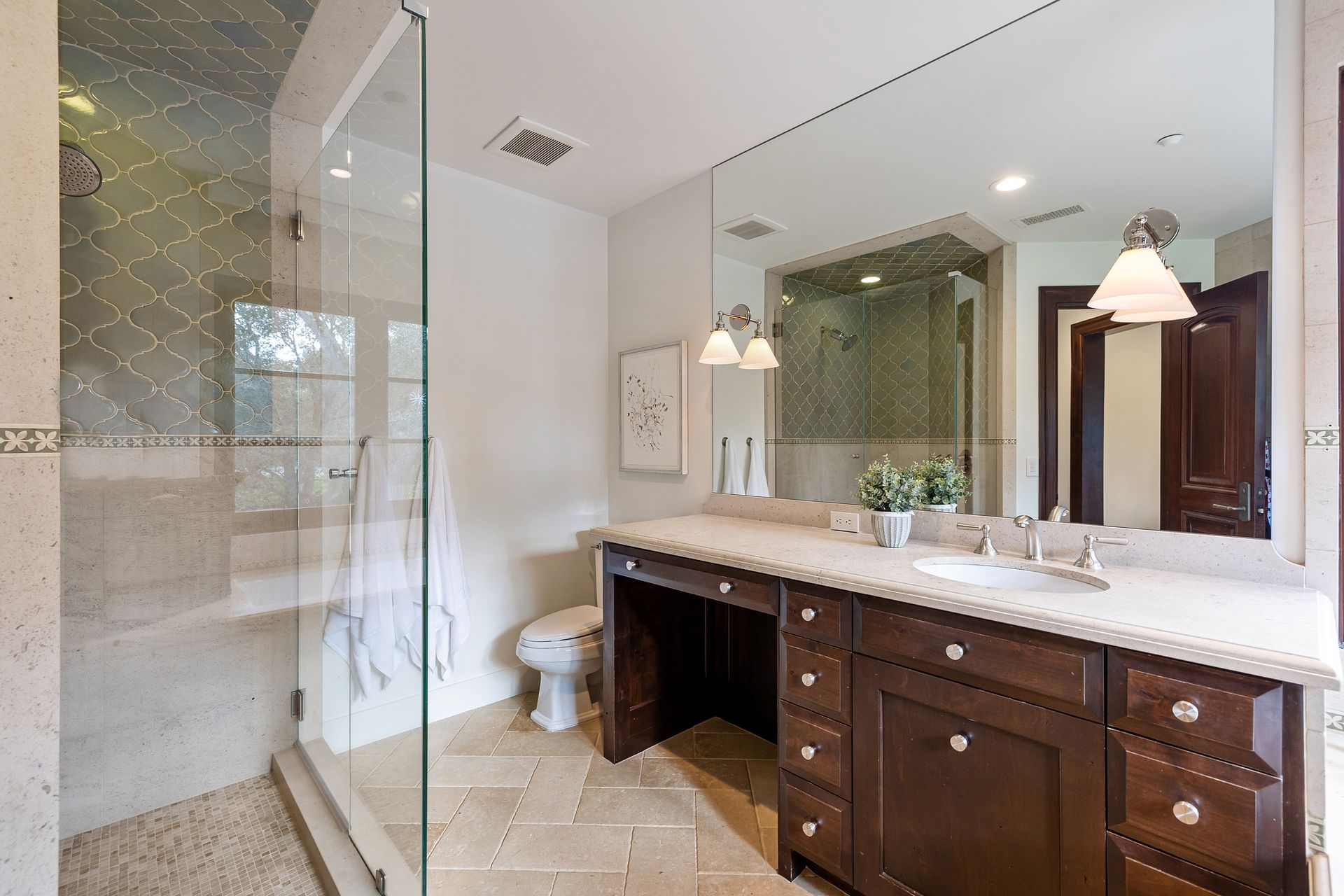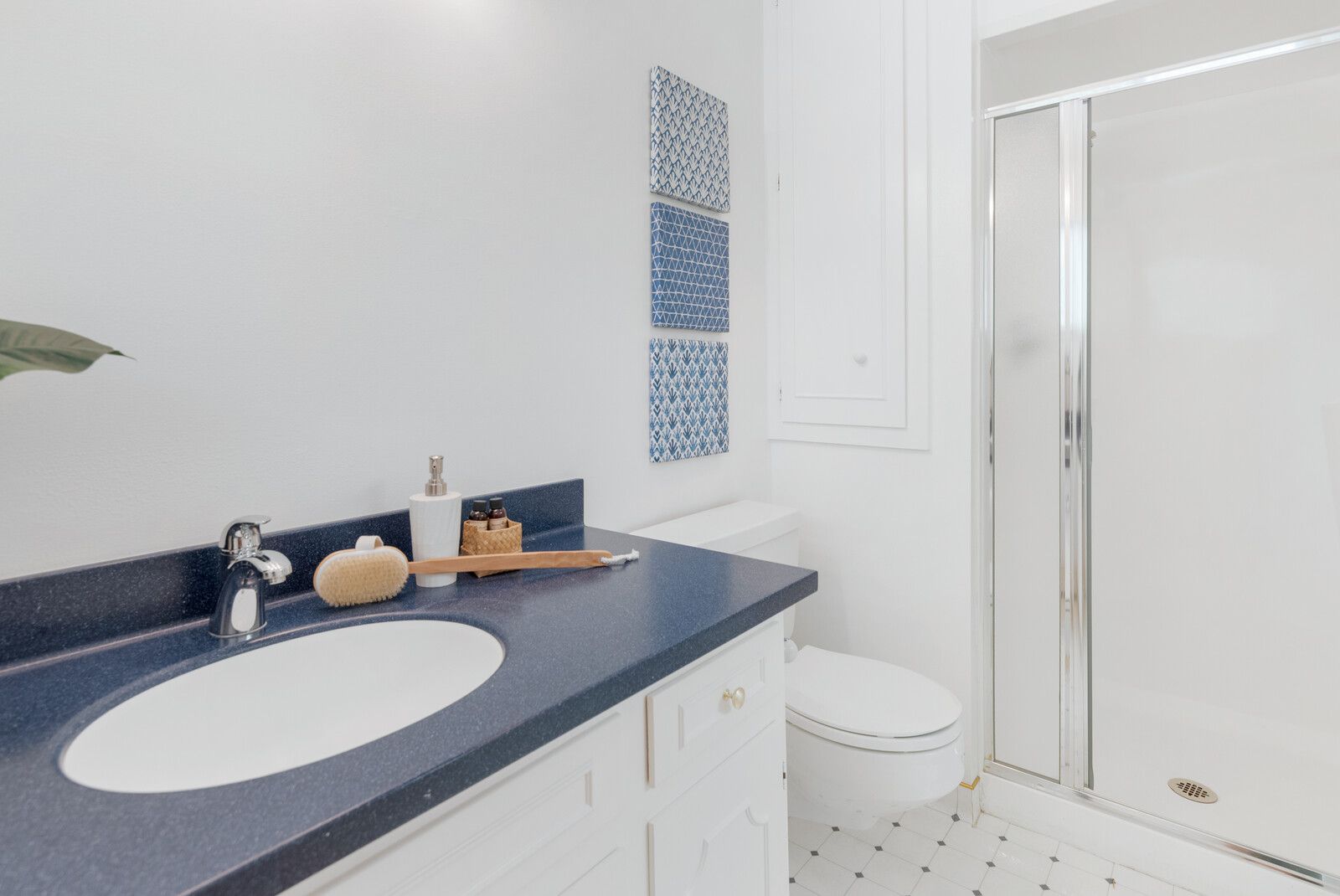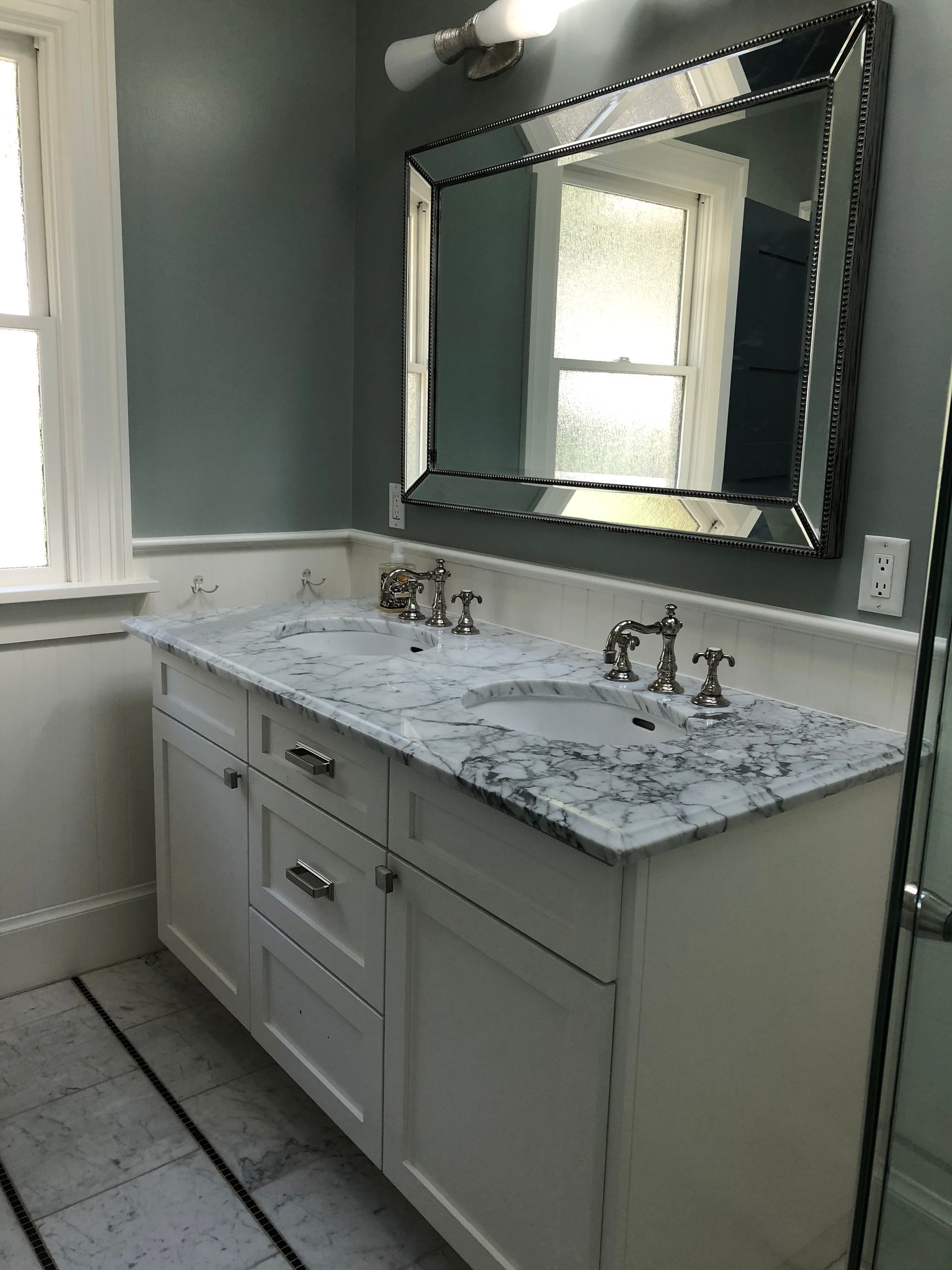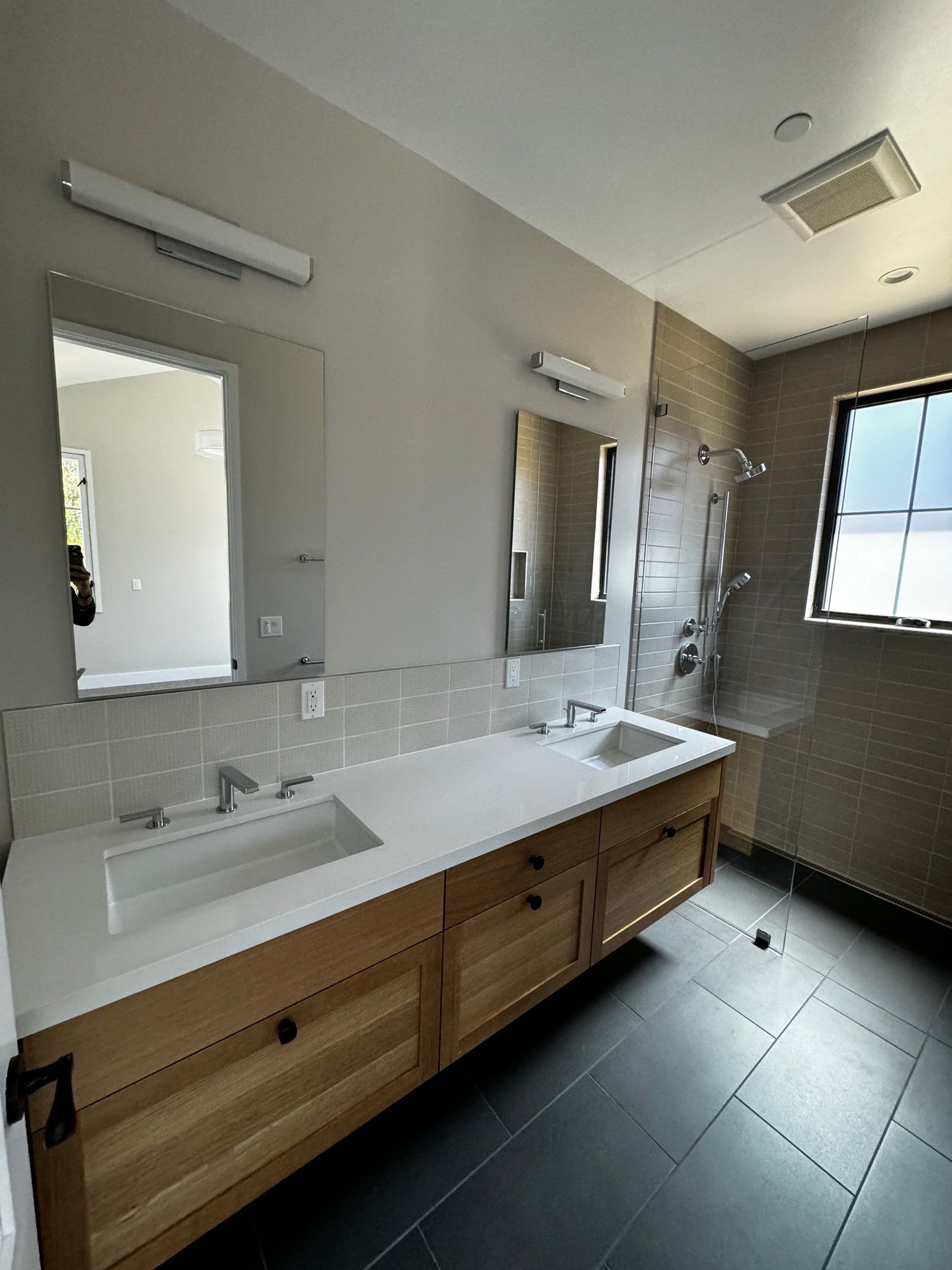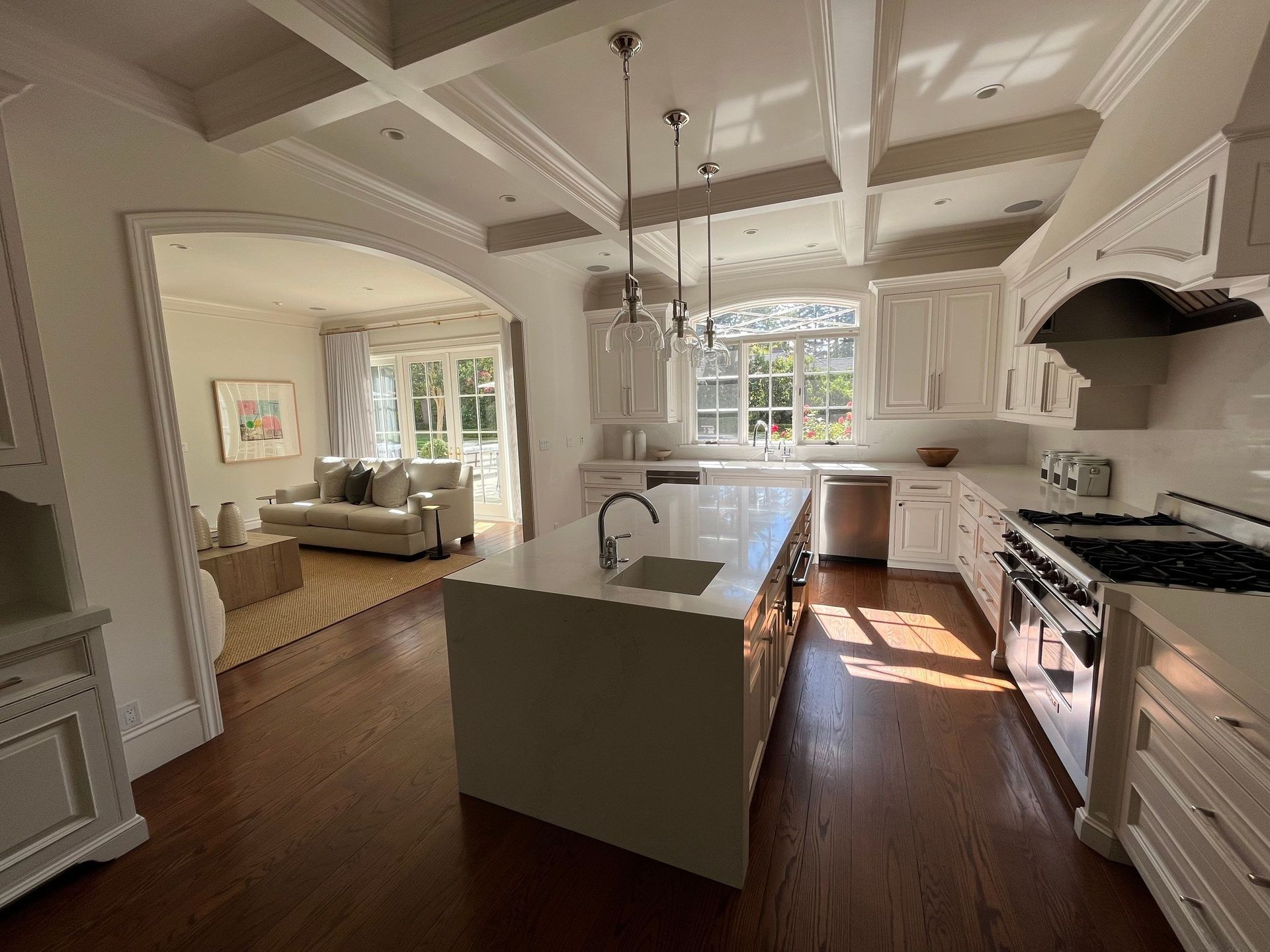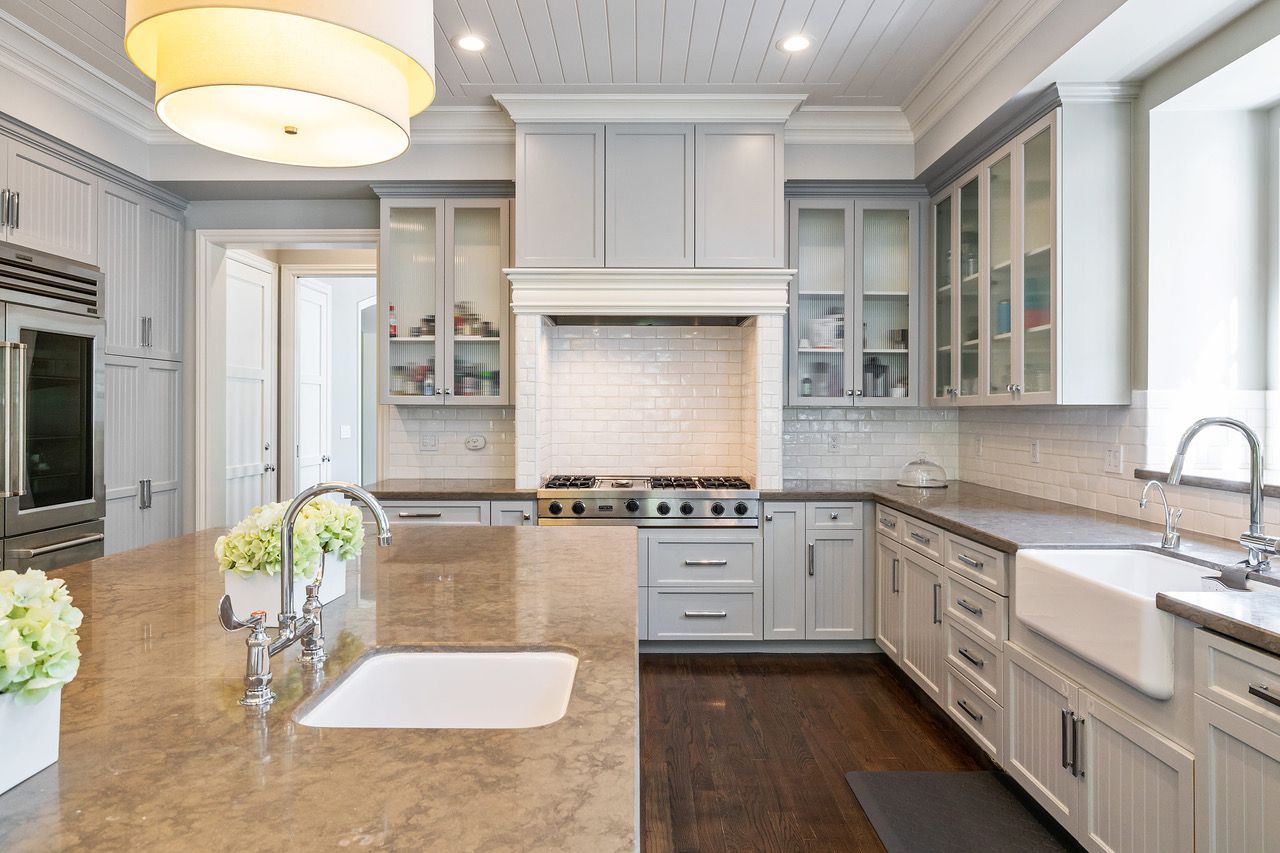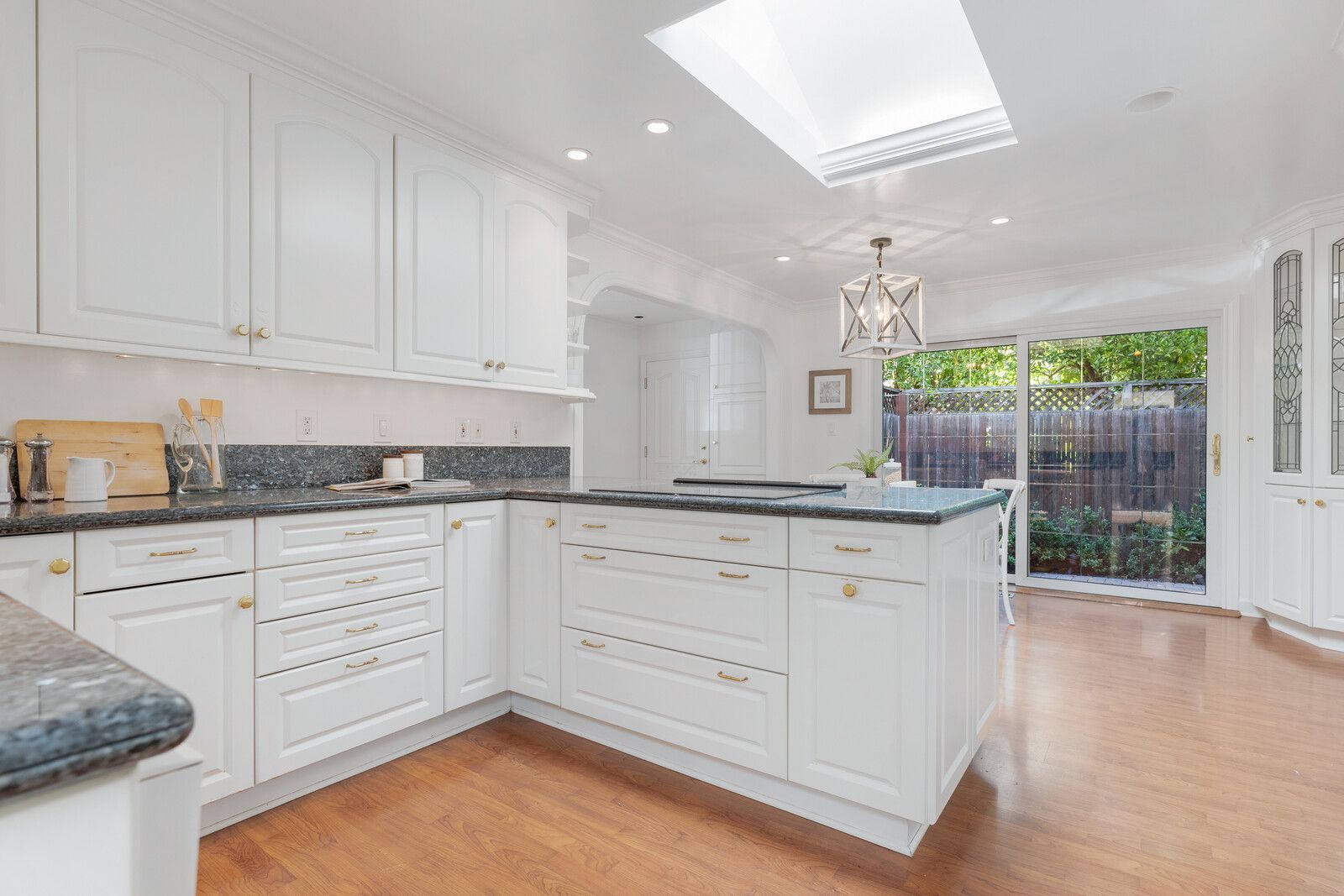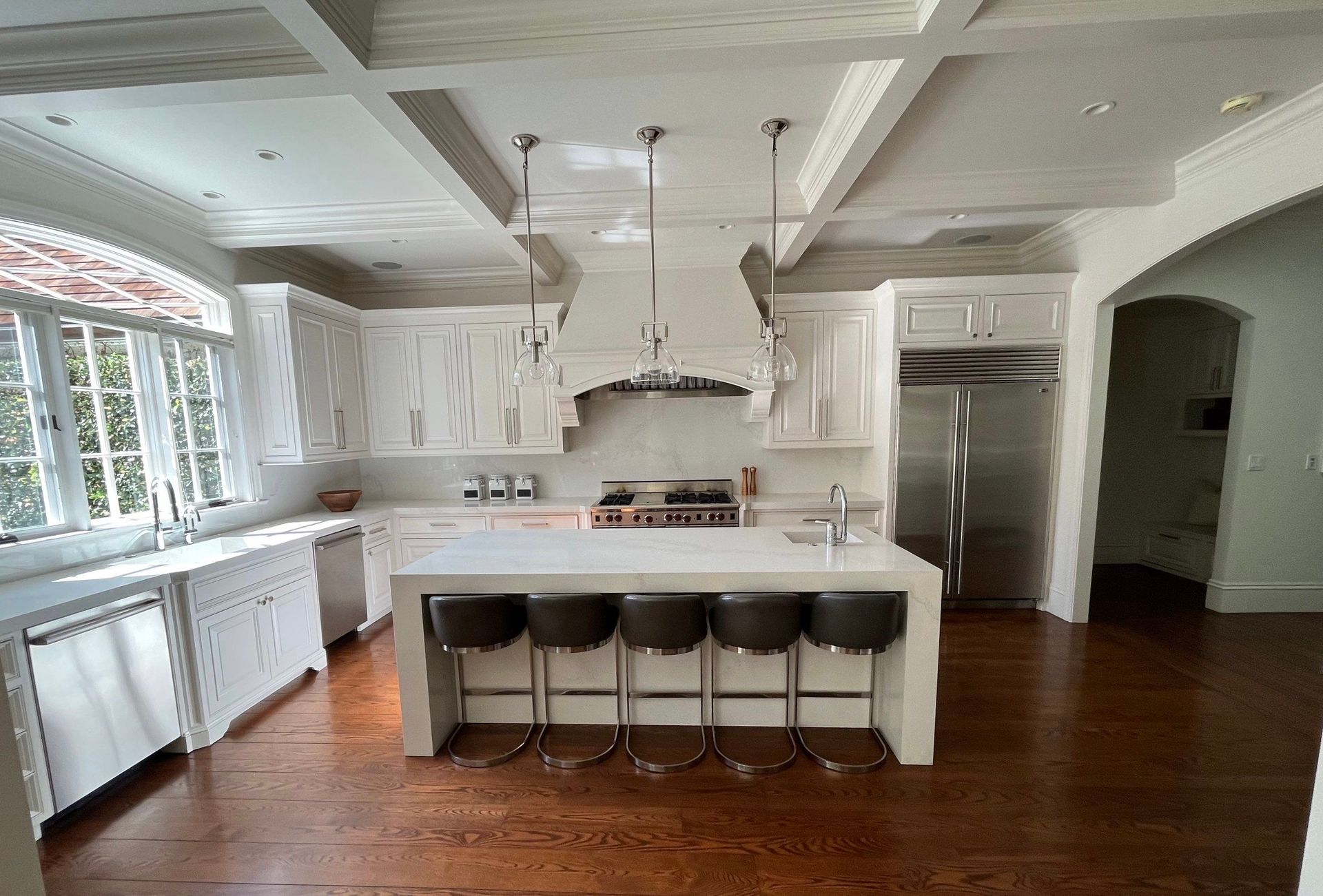Interior Painting
Are you struggling with discoloration, peeling, and cracking on your interior walls?
Elevate your space with the help of our painting experts, not to mention a complimentary color consultation!
Browse Through Your Interior Painting Options
Commonly Painted Areas
Ceiling Painting
Seeing damage on your ceilings or just looking to adopt a new color scheme for your home?
Ceilings receive little to no physical contact on the daily, which cause them to require much less frequent painting or touch ups compared to other surfaces.
Reasons for Painting a Common Space Ceiling
- The surface is new. New ceilings need to be primed and painted with two coats of paint
- The surface is damaged, such as due to a water leak, stains, a crack at the joints, loose tape (hence bubbling is visible), etc.
Living Space Walls
Common area walls (i.e. living rooms, dining rooms, bedrooms, hallways, etc.) tend to require more upkeep and touch ups. The oils from our hands slowly deteriorate paint and varnish, meaning surfaces in high traffic areas require much more retouching.
Recommended upkeep period: Every 1-2 years.
Trim
Trim in common areas suffer from constant wear and tear due to constant touch. These areas include doors, door casings, baseboards, windows, etc., and especially door handles. Especially take into consideration if your family features young children, who have higher tendencies to touch these areas.
Recommended Upkeep Period:
1-2 Years
Wainscoting
What is it? A thin wood panel attached to the wall.
Wainscoting acts as protection for drywall. It is often referred to as a “chair rail,” because its purpose is to protect your wall from chair or other furniture scuffs or damage.
Recommended Upkeep Period:
1-2 Years, Dependent on the home.
Bathroom Painting
Bathroom Ceilings
Bathroom ceilings receive much more wear and tear, and are subject to more damage, due to its exposure to high moisture. Are you a hot shower taker? Consider how the steam affects the paint longevity! Visible signs it is time for a repaint are spots and bubbles forming, and differences in sheen.
Recommended Upkeep Period: Yearly
Bathroom Walls
Like your ceilings, bathroom walls are subject to more wear and tear and damage due to the high moisture area. Our recommendation with high moisture is to use an enamel paint, which is oil based. Visible signs it is time for a repaint are spots and streaks on the surface, as well as staining and bubbles.
BP Painting Tip: The differences in Enamel paint versus more common paints, such as Acrylic and Latex, is their base. Enamel paint is oil based, which creates a tougher, more durable and long lasting exterior. Acrylic and Latex, for example, are water based paints, which are more flexible and can require more upkeep. This is why painters will most likely recommend enamel paints for high moisture areas, such as the bathroom, to reduce the need for constant repaints, thus reducing costs.
Recommended Upkeep Period:
Yearly
Bathroom Vanities
Bathroom vanities and cabinets are typically made up of wood, whether it be compressed wood or real wood. The high moisture area can affect the look and feel of the wood, showing signs of cracking, swelling, rash like spots, and peeling paint. This is especially visible in areas around the sink and shower.
Recommended Upkeep Period: Yearly
Kitchen Painting
Kitchen Ceilings
Typically, painters will recommend different sheens and products for different rooms in your home. Nowadays, open floor plans in homes are much more common. This blurs the lines between where the kitchen ends and the dining room, for example, starts. Enamel products may be recommended to create a stopping point between the kitchen and other common areas.
In general, kitchens do not tend to suffer from excessive moisture. This creates a lack of need for consistent ceiling upkeep, unless the homeowner is looking to restyle their home, or clean up spots from age or staining.
Recommended Upkeep Period:
Dependent on home
Kitchen Walls
Kitchen walls suffer from staining and damage. This is typically around common cooking areas, such as around the stove and dishwasher. You may begin to notice staining, streaking, and differences in sheen.
BP Painting Tip: We recommend enamel products to help minimize the need for upkeep in those areas. Enamel paint is oil based, which creates a tougher, more durable and long lasting exterior.


